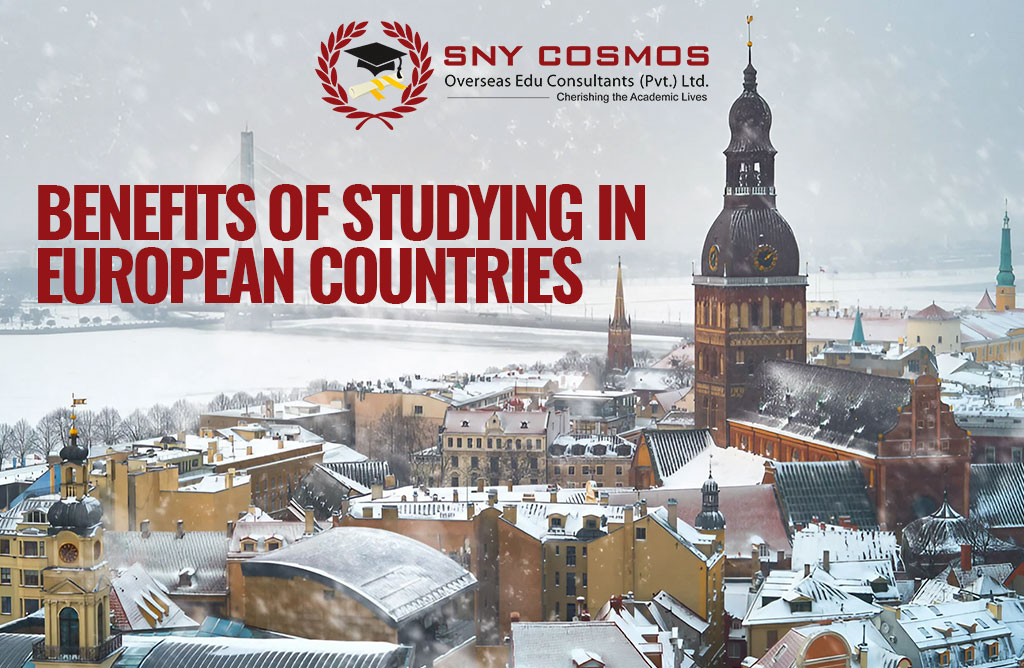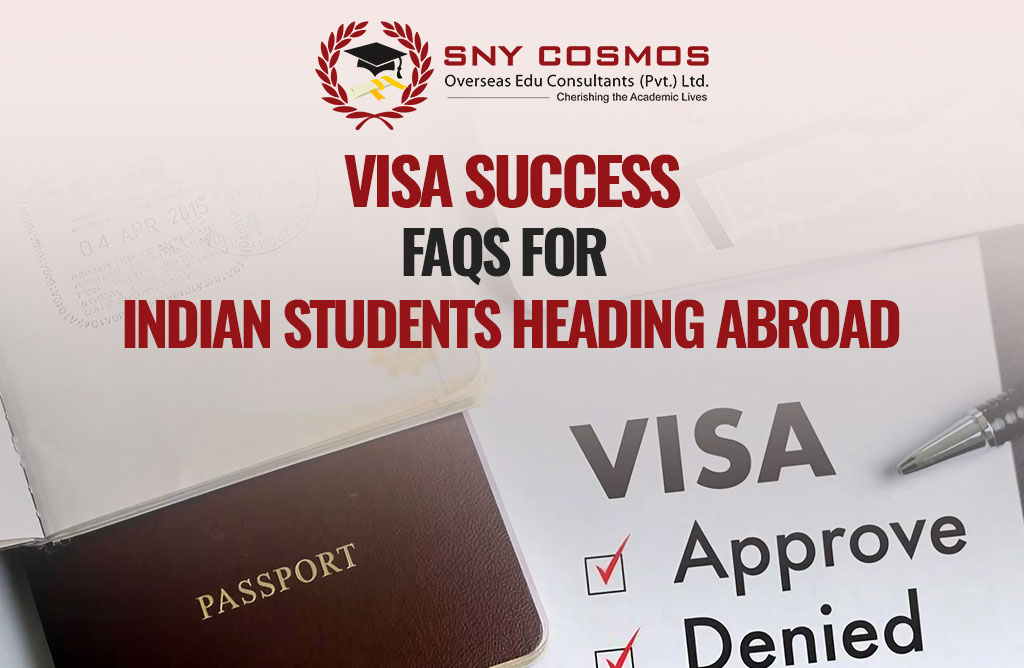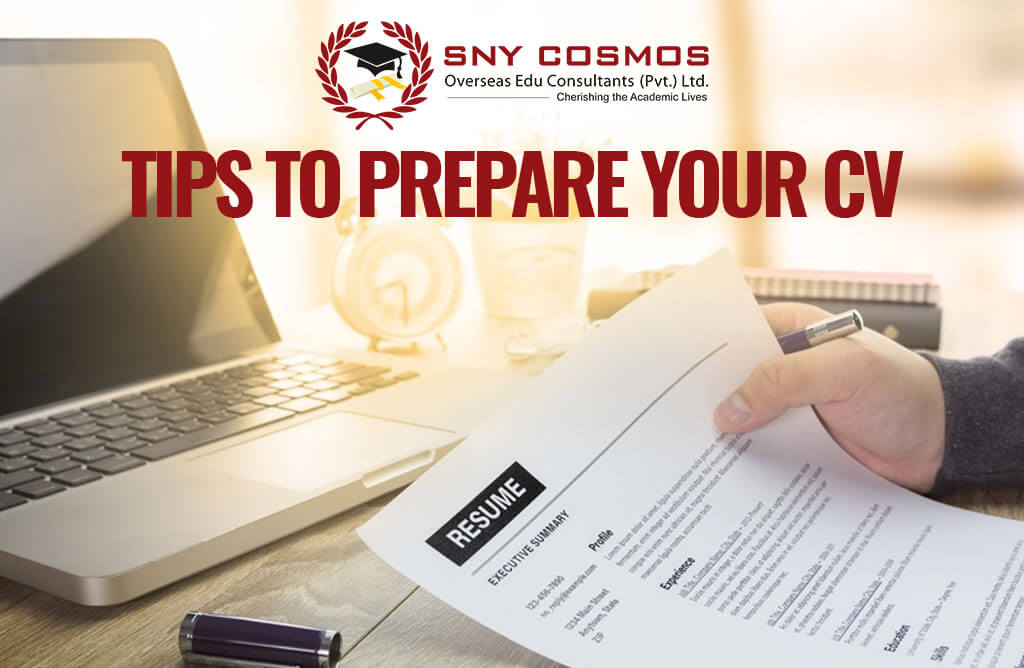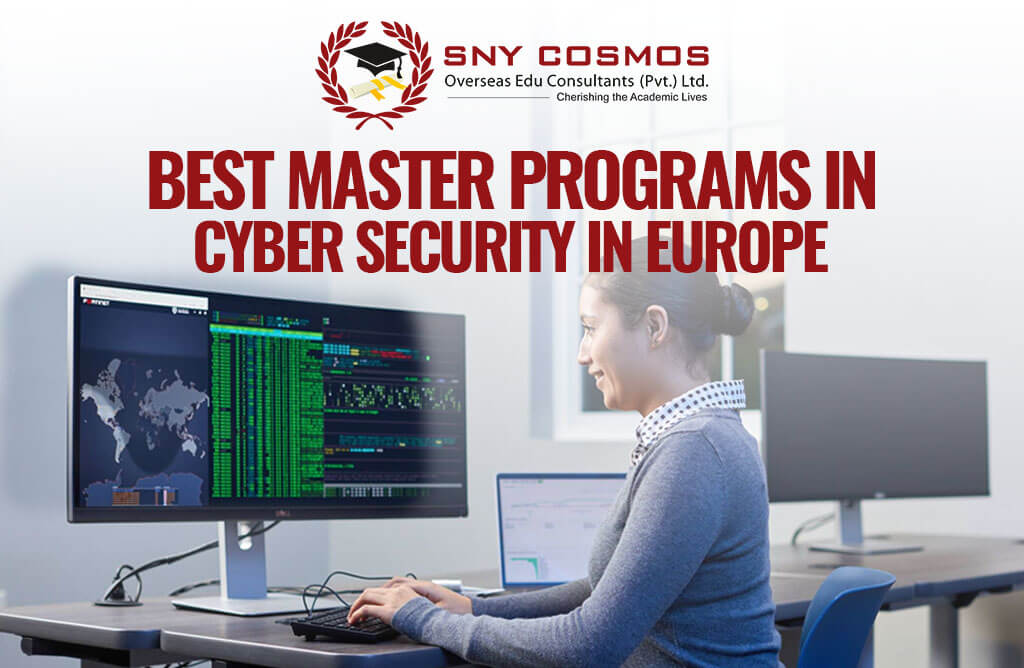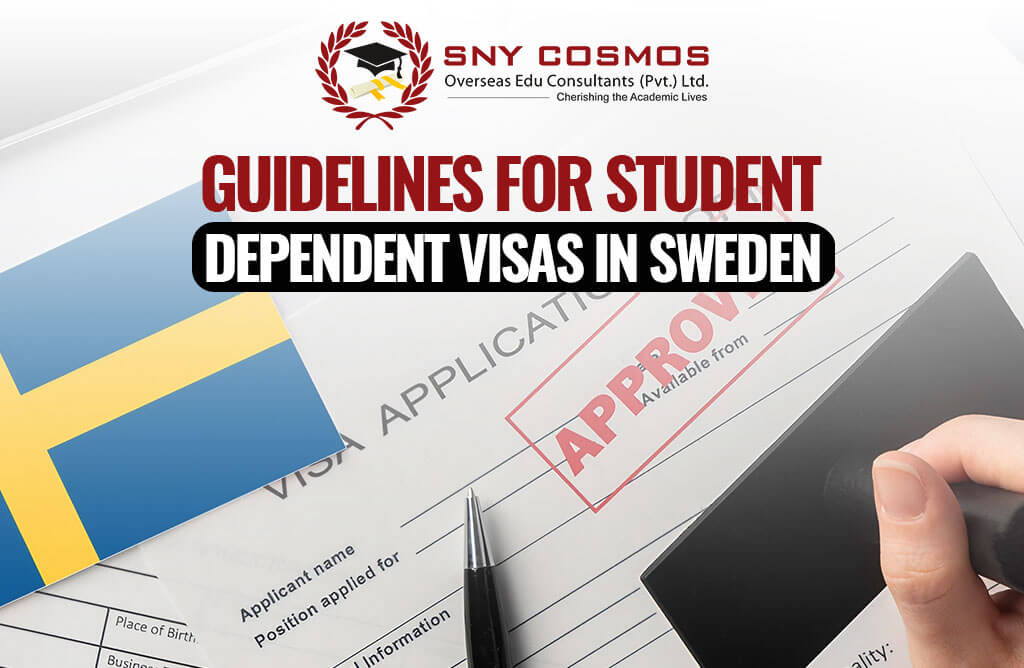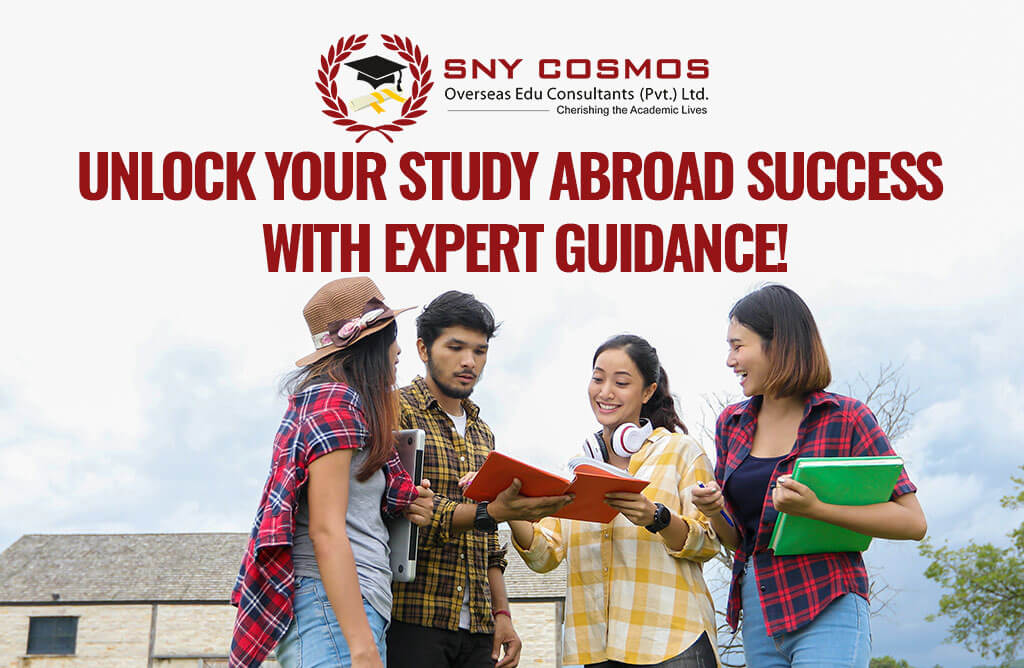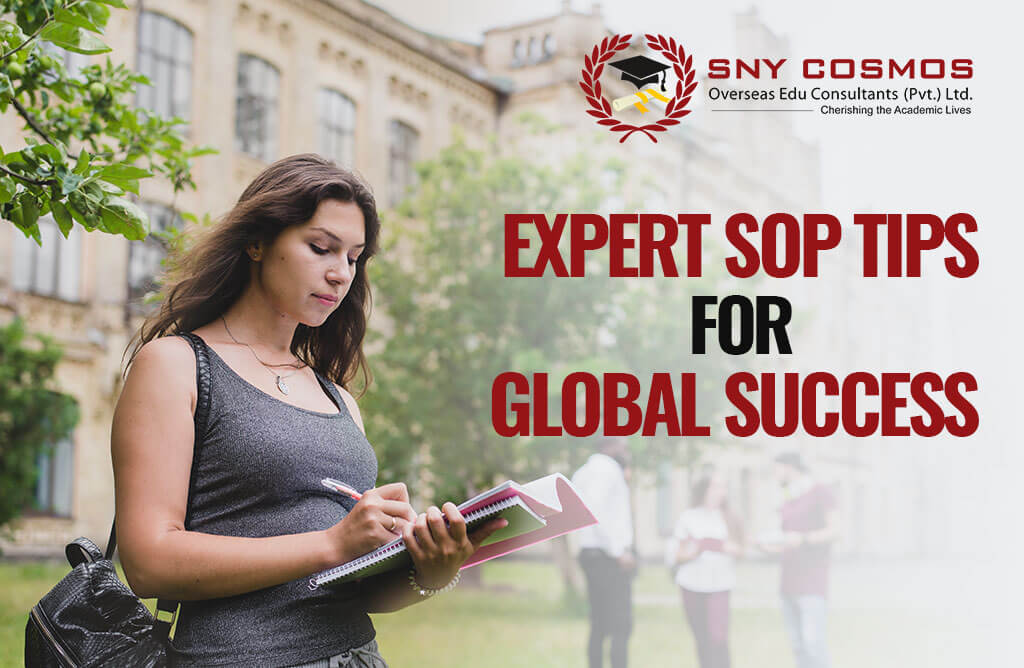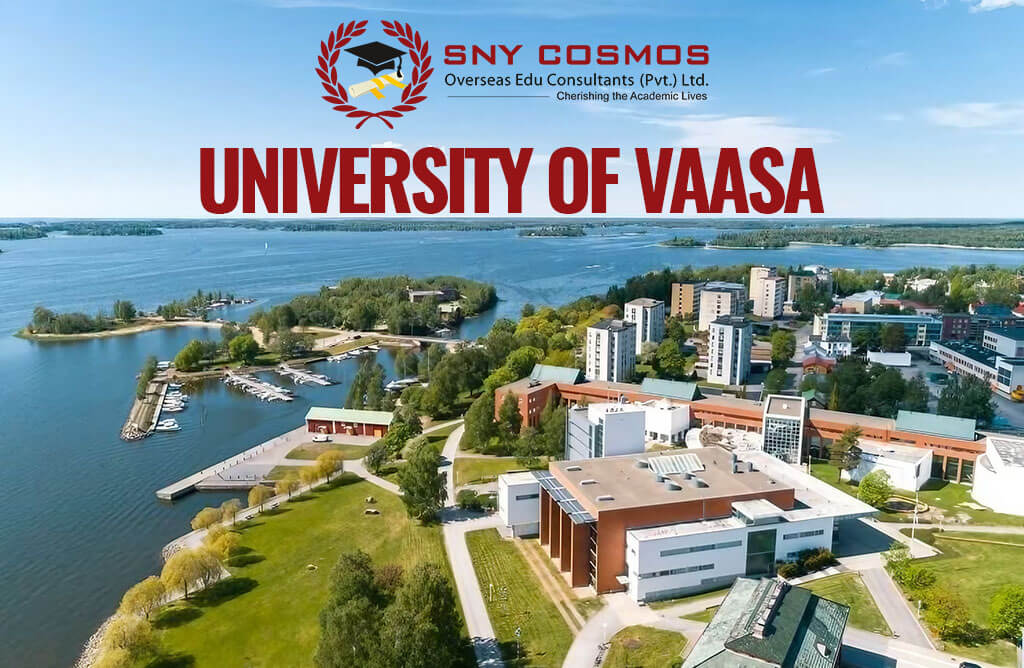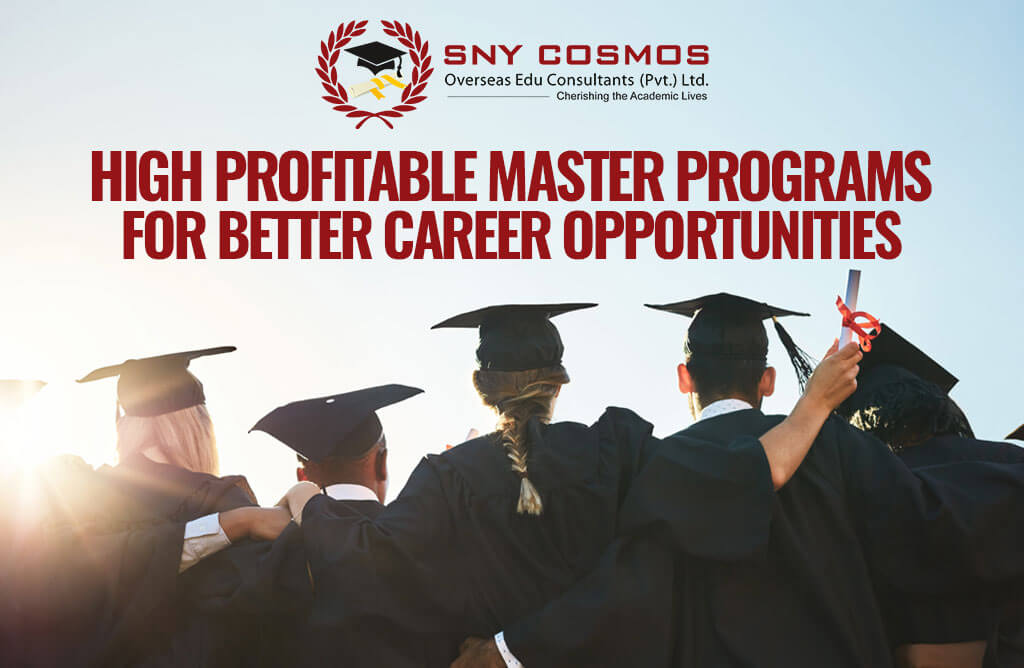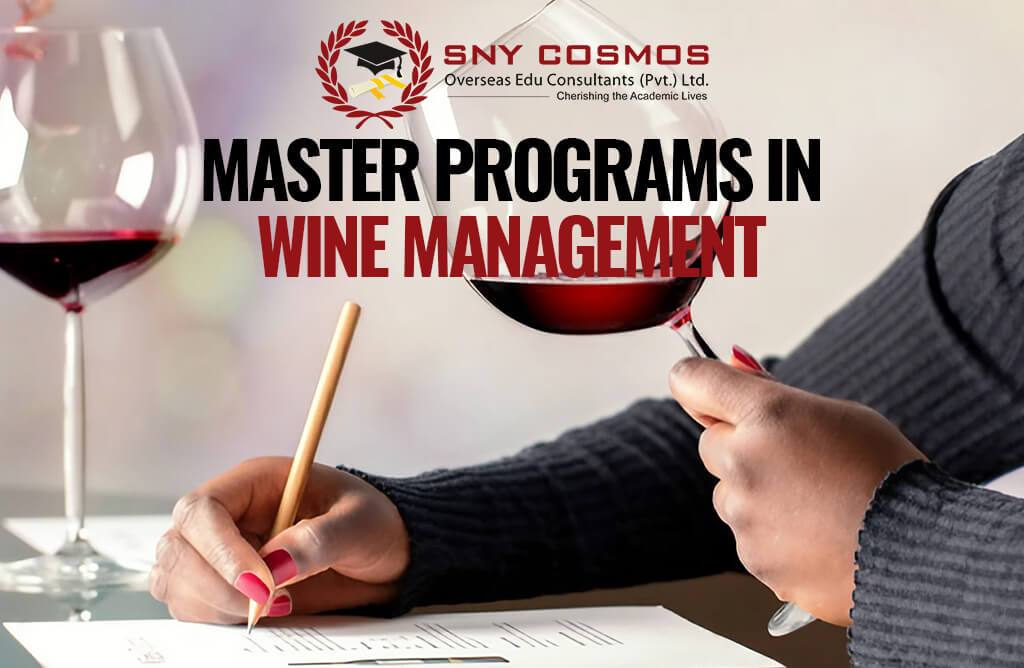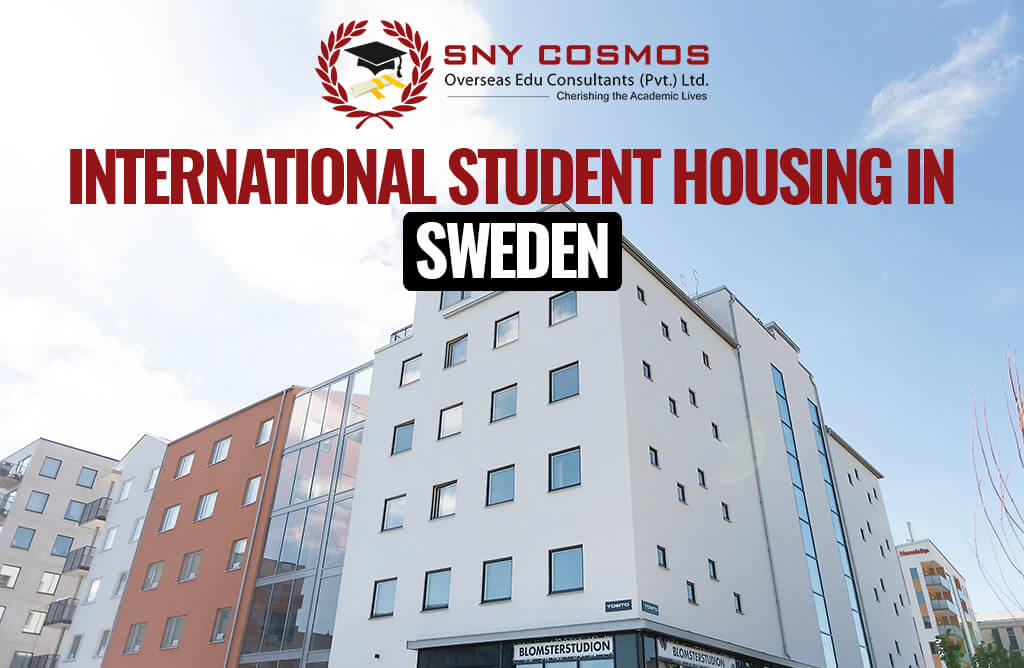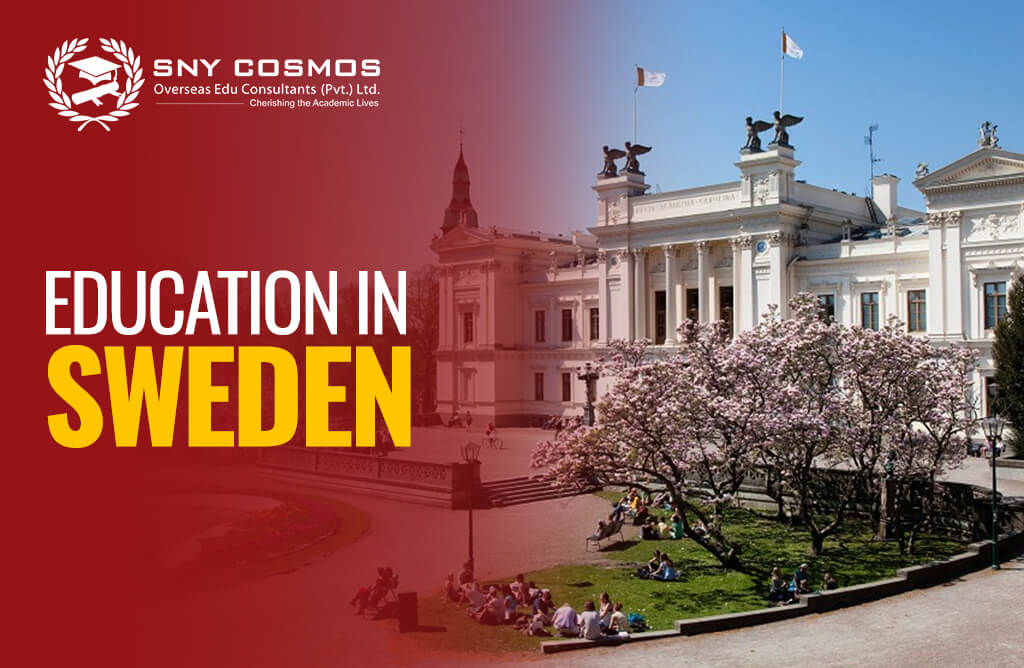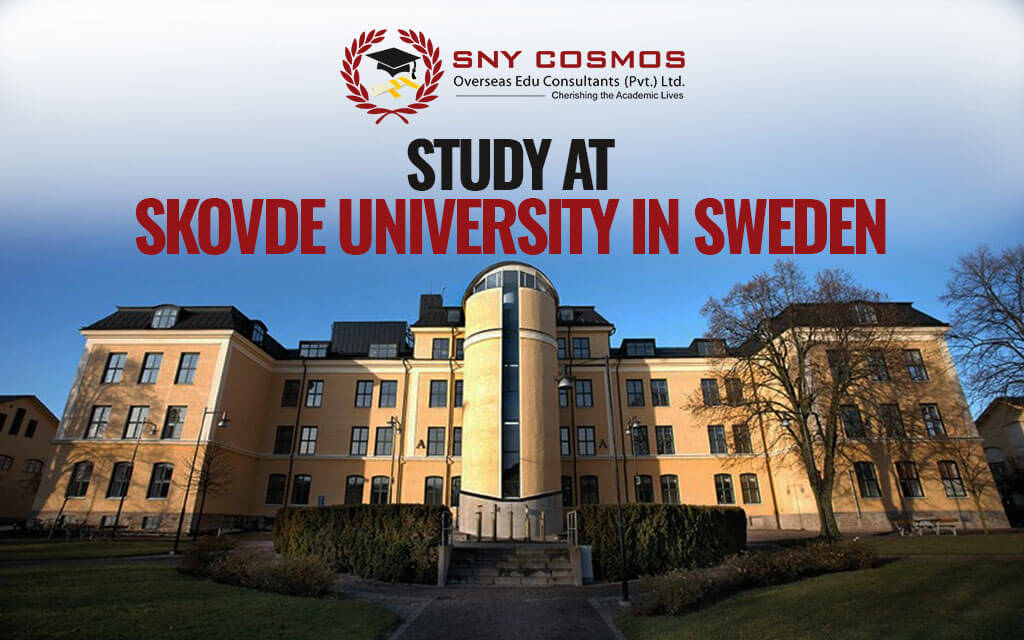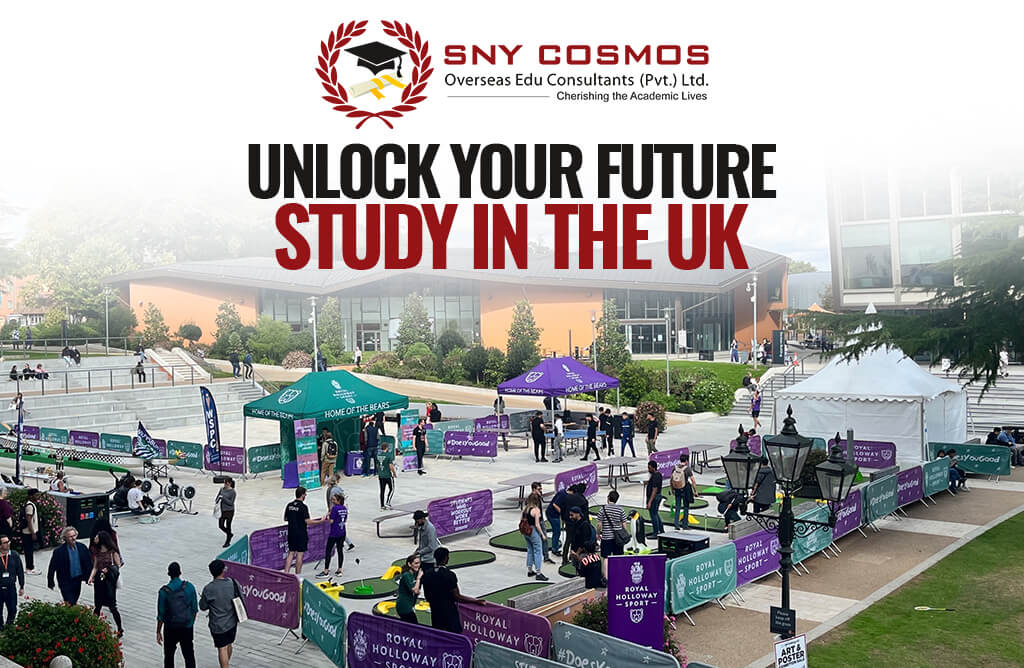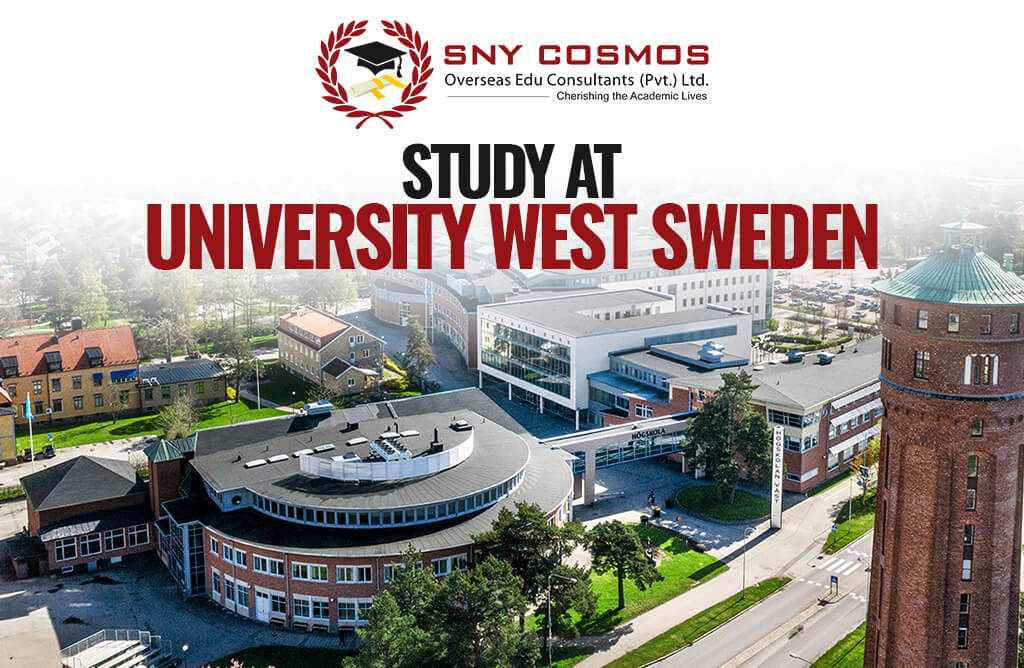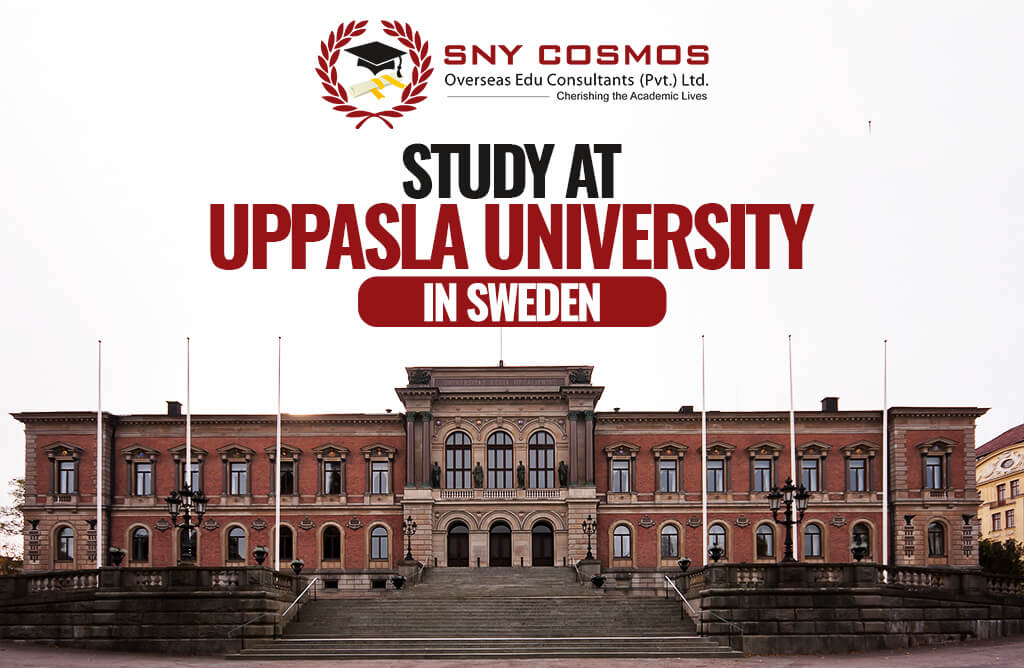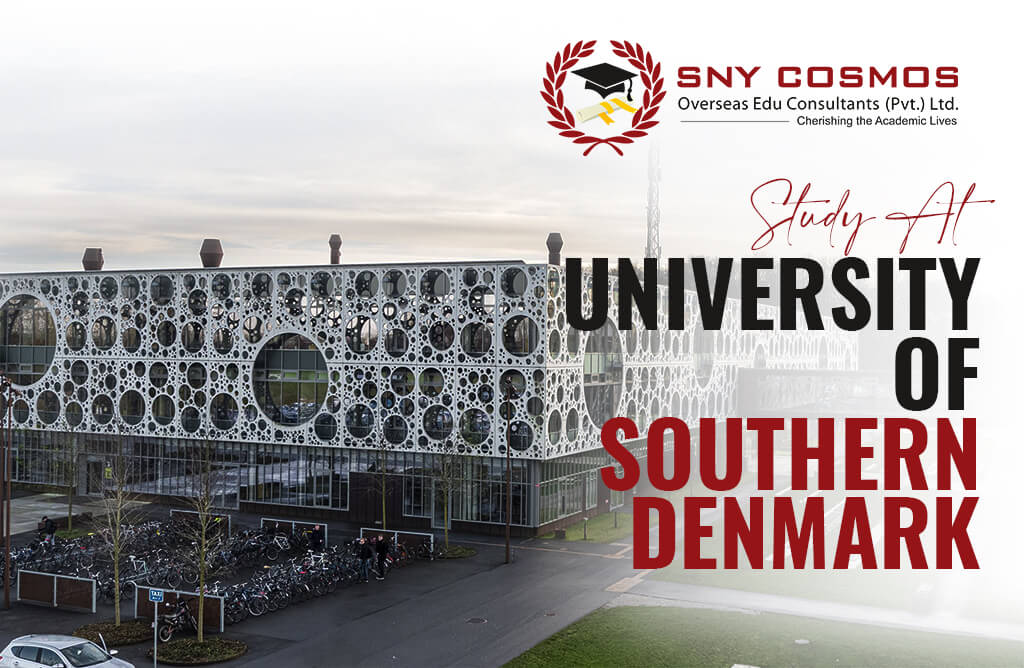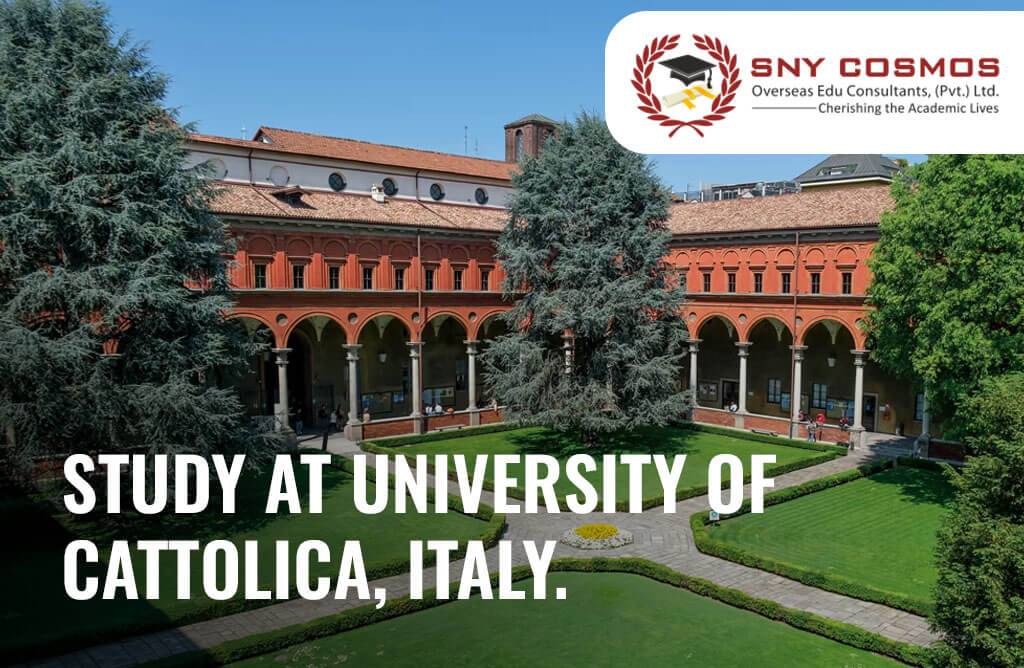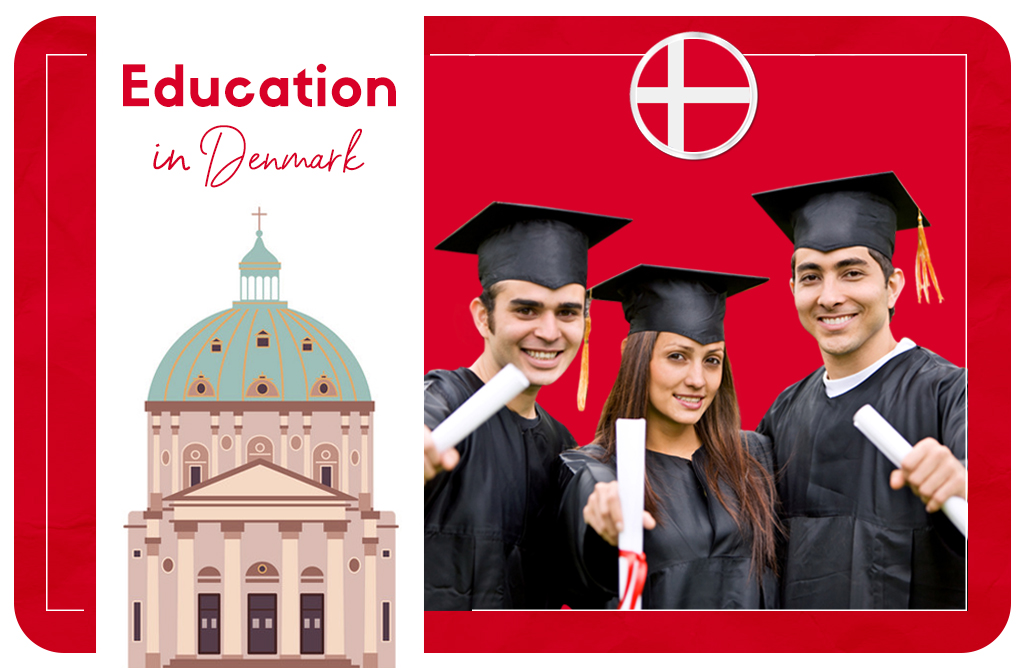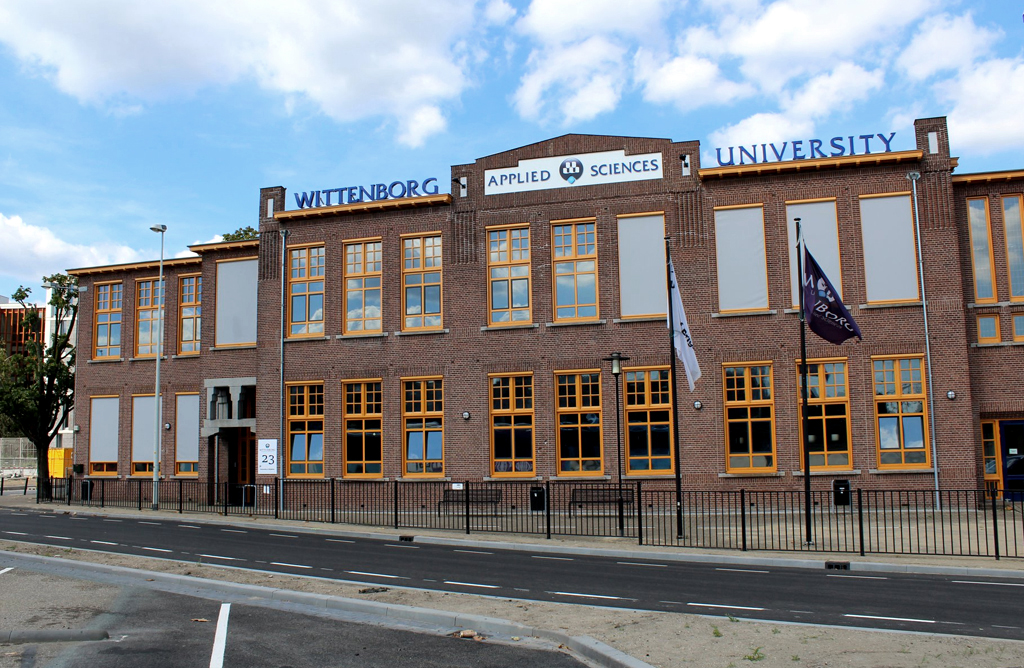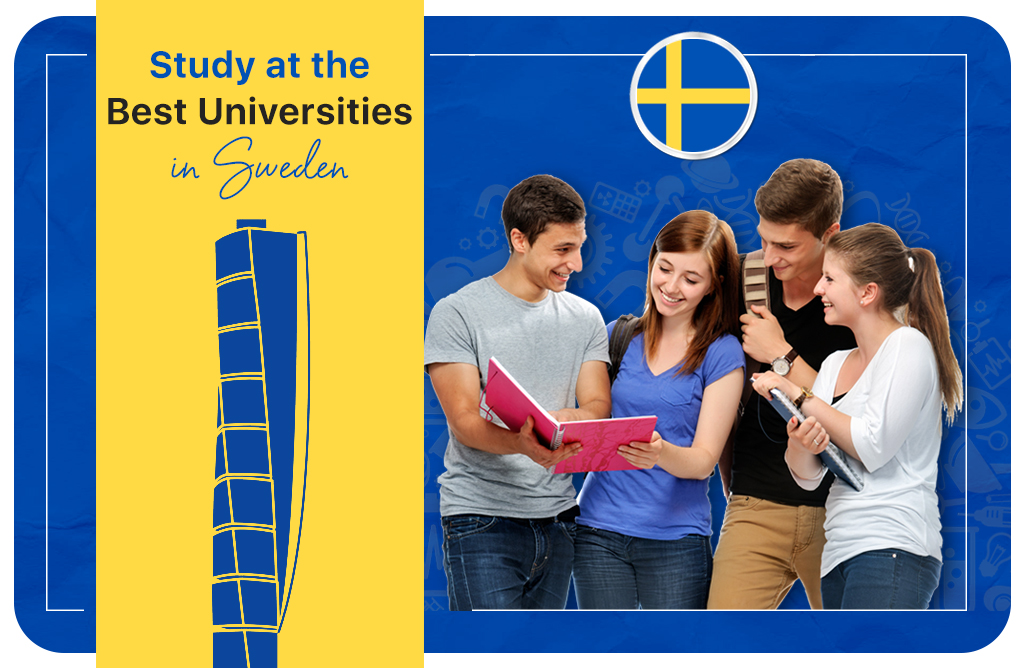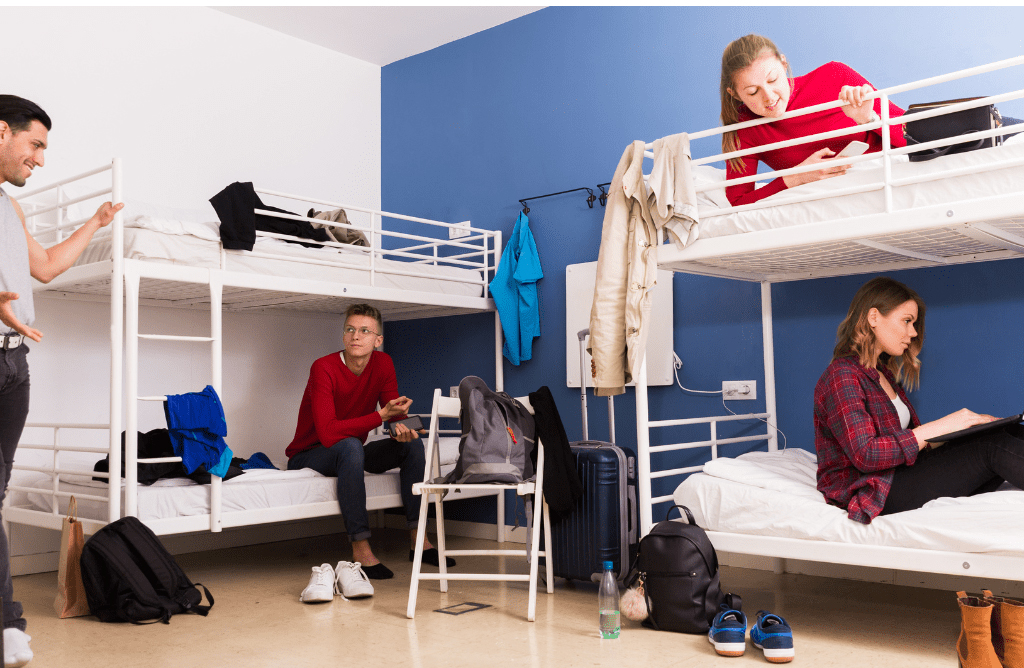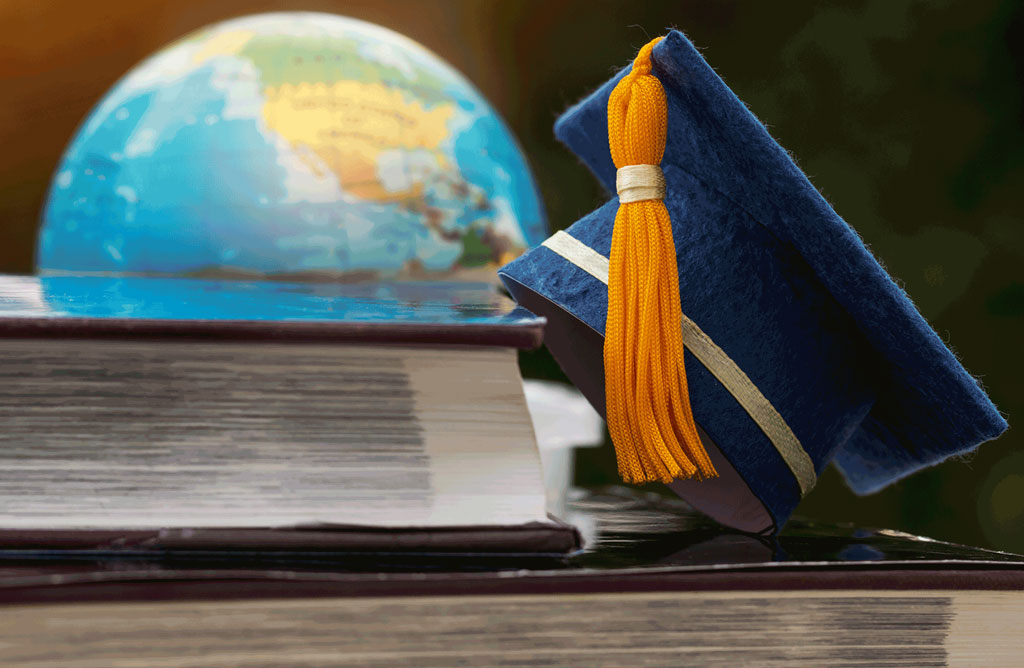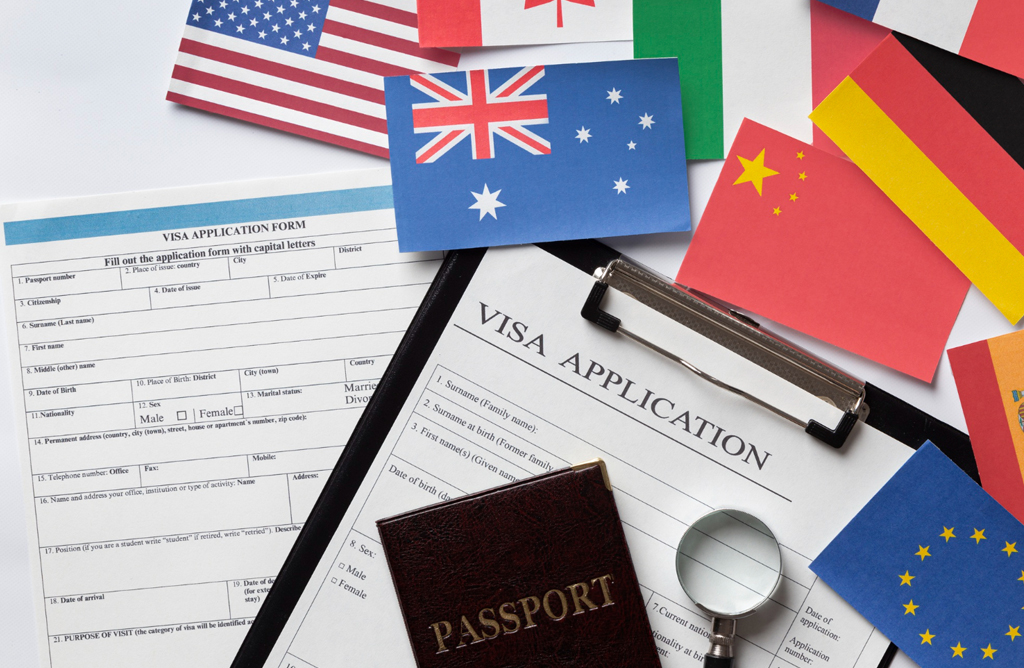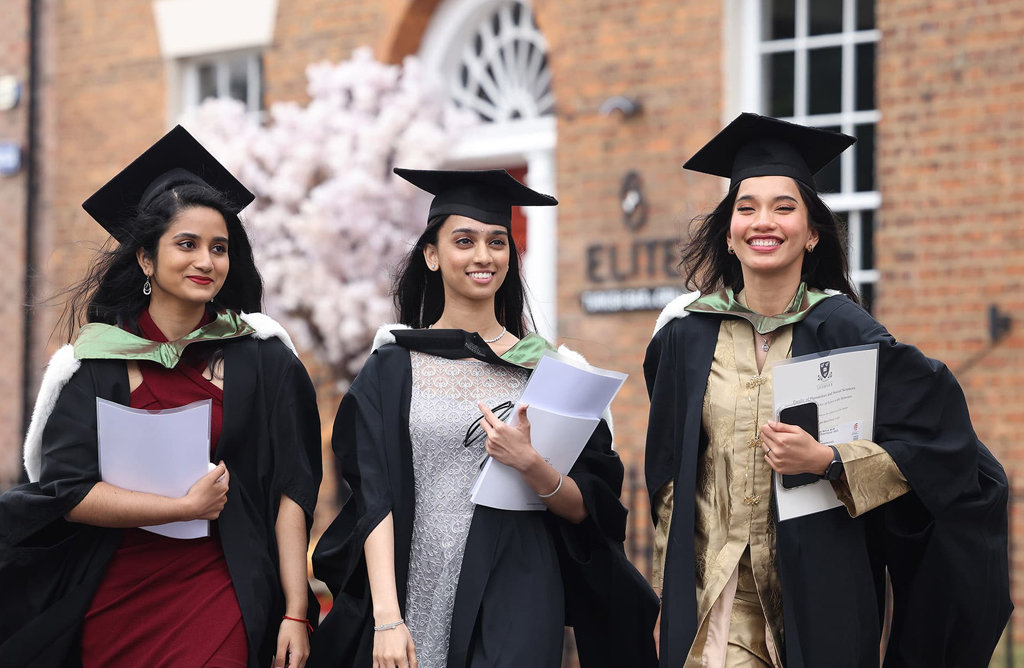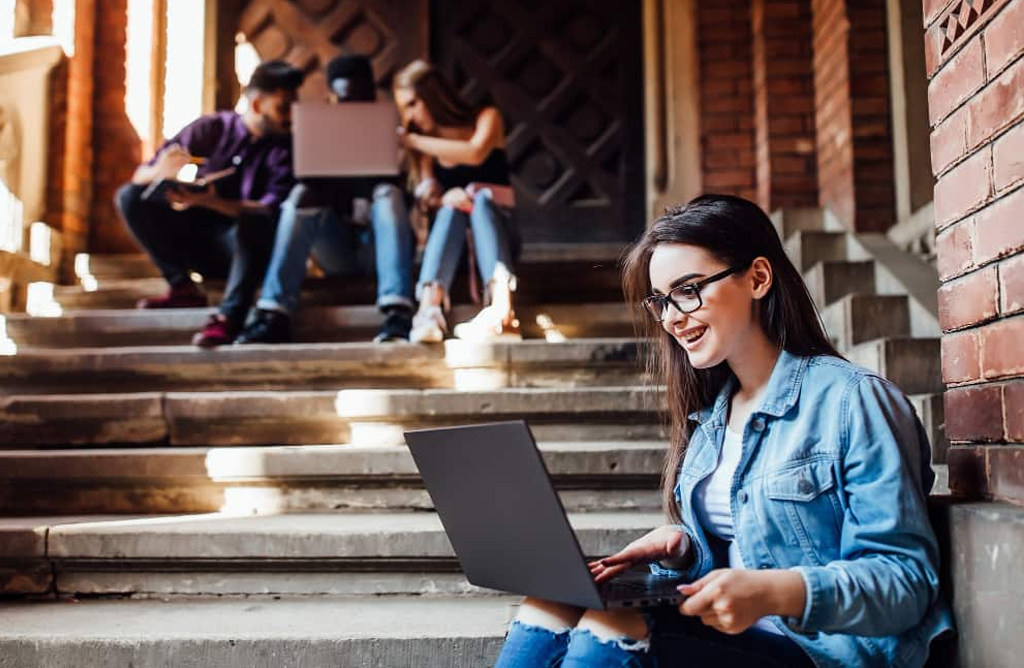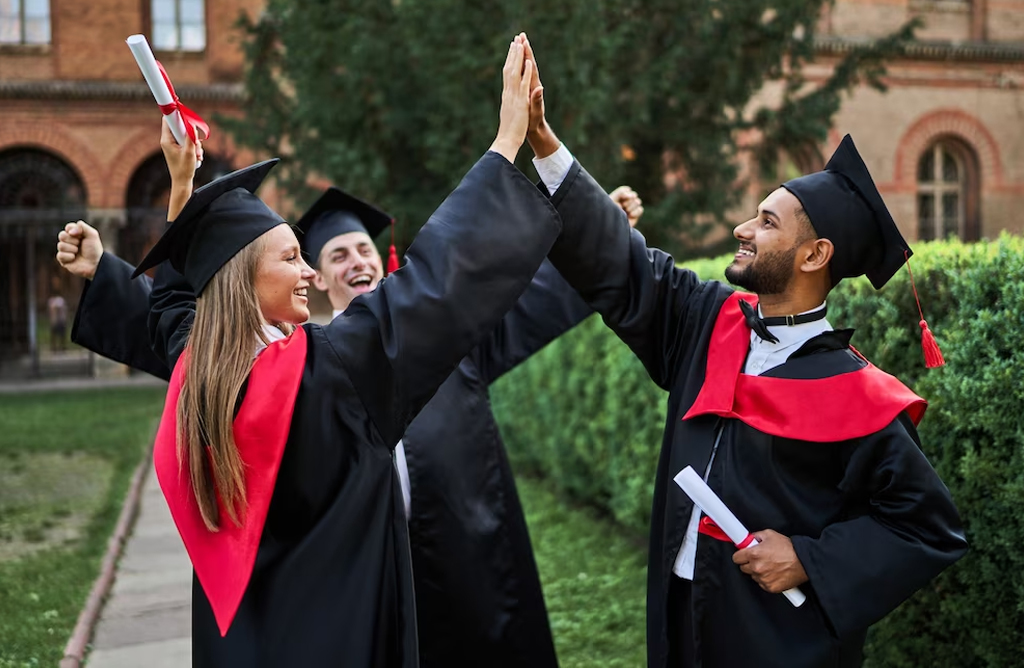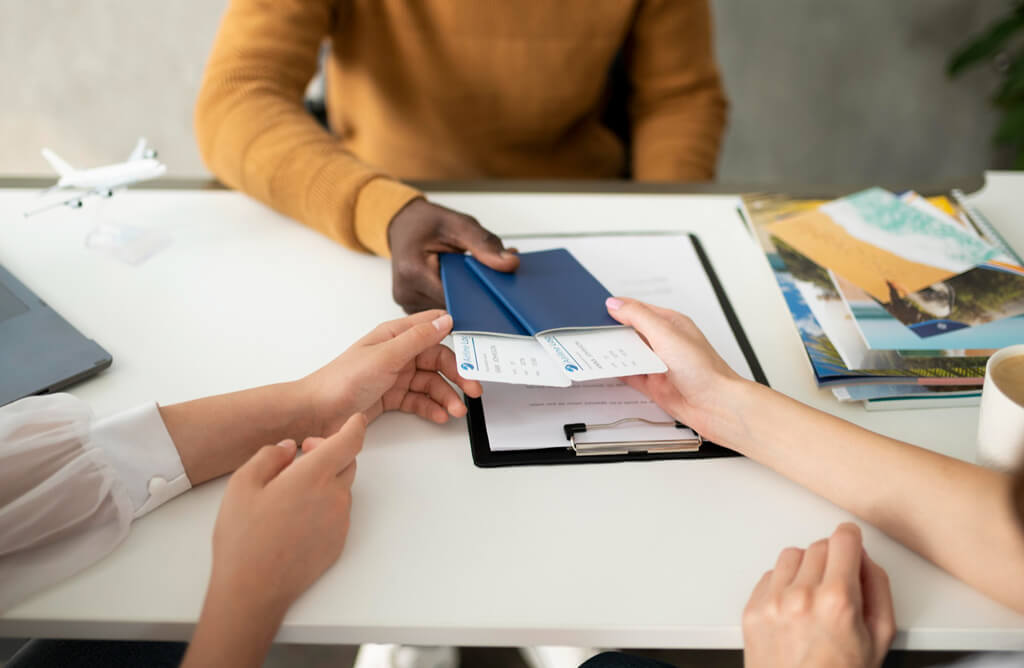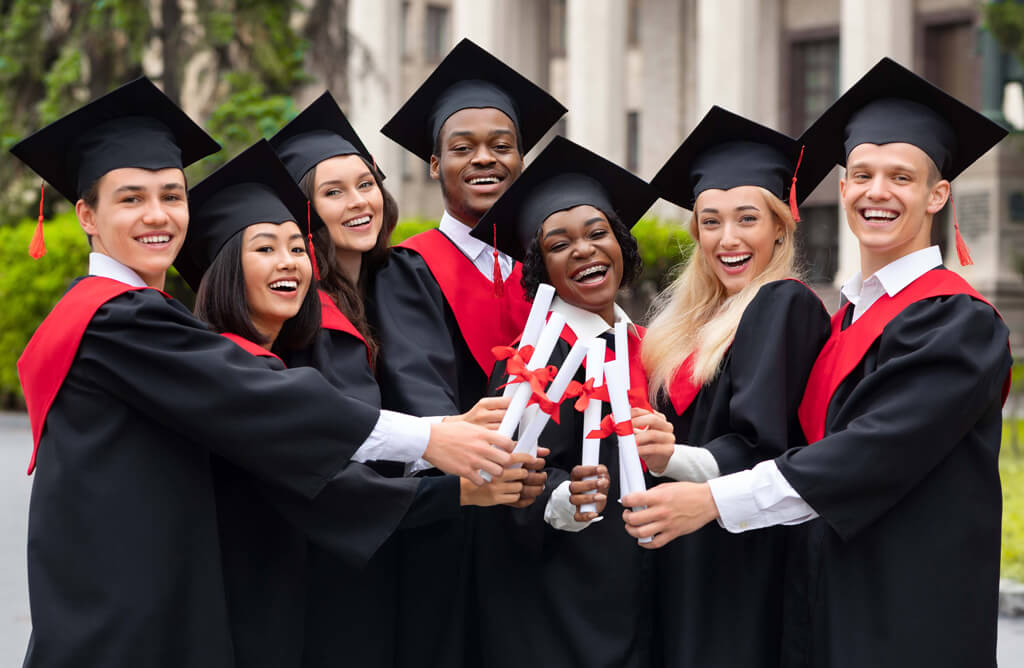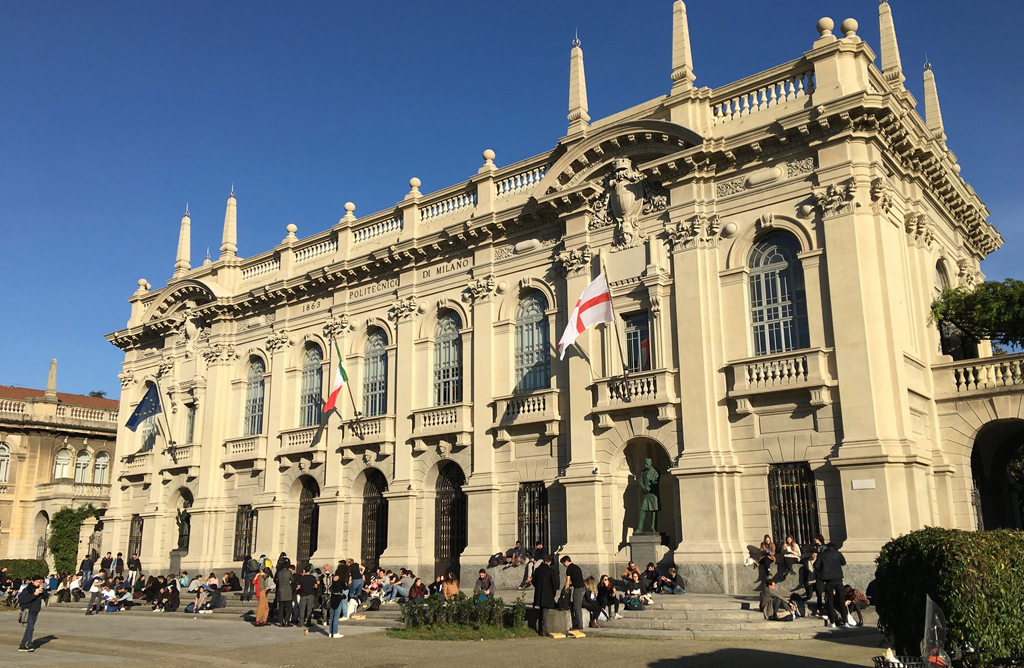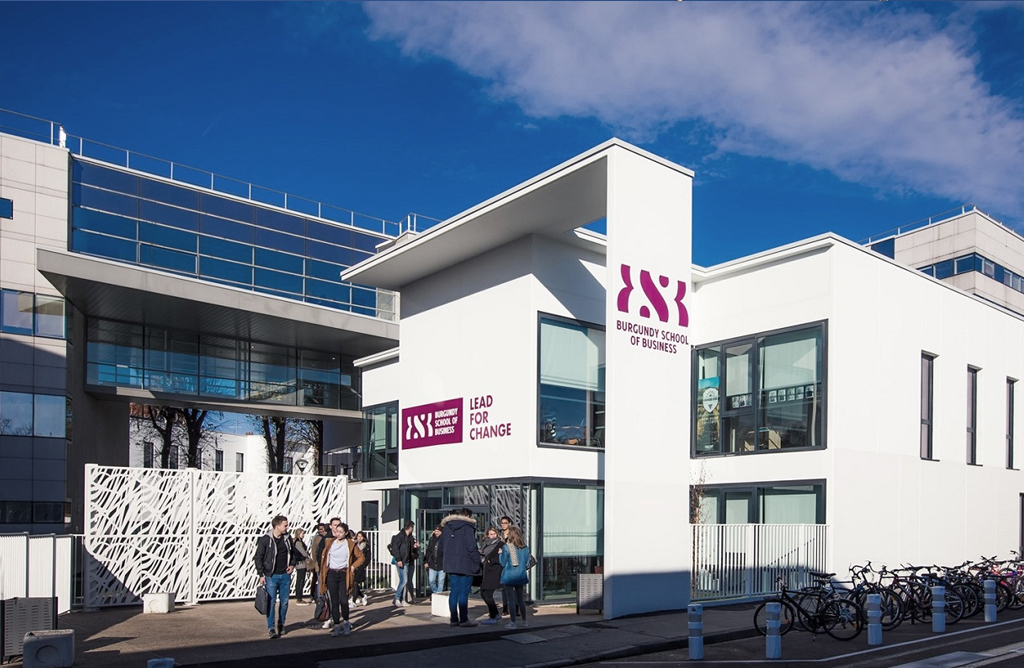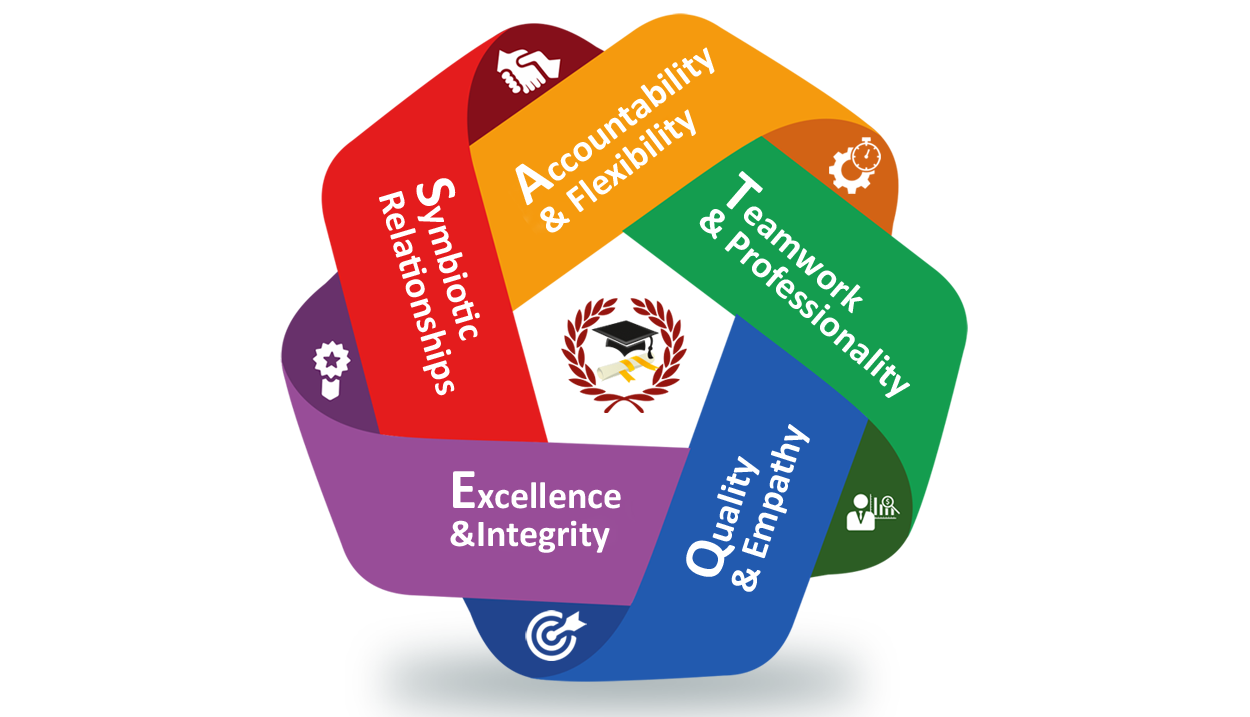An Overview of the Right and Wrong Ways to Study Abroad

Studying abroad is a life-changing opportunity that gives students the chance to expand their horizons, become fully immersed in a foreign culture, and obtain a global perspective on their academic path. But in order to fully utilise this exceptional chance, pupils must understand the dos and don'ts that may affect how they feel. This thorough manual will examine many facets of studying abroad and offer insightful commentary and suggestions to help students make the most of their time away.
Preparing Before Departure
A critical stage for students starting a study abroad experience is getting ready to go. A successful trip is predicated on conducting sufficient research on the academic environment, customs, and culture of the destination. It is essential to establish a reasonable spending plan, look into financial assistance programmes, and take care of any health issues by getting immunisations and pre-departure medical exams. Cross-cultural communication abilities are improved by cultural sensitivity training, which includes learning the basics of language. Furthermore, avoiding last-minute obstacles can be achieved by initiating the visa application procedure early and gathering necessary papers. A smooth transition into the study abroad experience is facilitated by a thoughtful approach to pre-departure preparation.
Actions to Take
1. Research Your Destination
Learn everything there is to know about the local norms, customs, and culture.
Become familiar with the materials and academic atmosphere.
2. Budget Wisely
Create a reasonable spending plan that accounts for living expenses, travel, tuition, and housing.
Investigate financial aid and scholarship options to lessen the financial load.
3. Health and Safety
Make an appointment for a pre-departure physical and get the required immunisations.
Learn about the medical facilities in your area and the extent of your health insurance.
4. Cultural Sensitivity Training
To improve your comprehension of various cultures, participate in cultural sensitivity training.
Acquire a basic understanding of the language to help in conversation.

Things Not to Do
1. Put off Getting a Visa and Getting the Necessary Paperwork
Apply for a visa as soon as possible and make sure all the paperwork is in order.
Don't wait until the last minute to complete important documents.
2. Underappreciate Cultural Differences
Refrain from believing that the norms of your culture apply to everyone.
Have an open mind and show respect for regional traditions.
3. Overpack
Avoid the need to bring more than you need, concentrate on the necessities, and familiarise yourself with luggage policies.
When packing, take the destination's climate into account.
4. Ignore Mental Health
Be aware of the possible difficulties in acclimating to a new setting.
If necessary, seek assistance from the host institution's counselling services.
Assimilation into the Host Nation
A crucial element of making the most of your study abroad experience is integrating into the host nation. A feeling of community is fostered through actively participating in events, actively engaging in local cultural experiences, and forming relationships with both local and international students. Students who venture off campus and adopt local study habits are better able to integrate into the academic and cultural milieu of their host nation. Students can broaden their social networks and get a more profound comprehension of the local culture by participating in student organisations and working together on projects. Finding a balance between extracurricular activities and academic obligations is essential, as is avoiding social isolation and honouring cultural customs. A seamless integration improves everything by encouraging personal development and enduring ties with the community of the host nation.
Do's
1. Take Part in Cultural Experiences
Get involved in the community by attending local events, festivals, and cultural events.
Establish connections with nearby pupils to promote friendships across cultural boundaries.
2. Explore Off Campus
Take a trip beyond the campus to discover the locality or metro area.
Take public transit to experience the way of life in the area.
3. Join Student Organisations
To increase the size of your social network, become involved in regional or global student organisations.
Work together on initiatives or events to improve your networking abilities.
4. Acclimatise to Local Study Habits
Recognise and adjust to the academic culture and study habits of the area.
Make use of study groups, academic support programmes, and libraries as resources.

Don'ts
1. Isolate Yourself
Don't limit yourself to your friends or other international students.
Try to establish a rapport with the local populace and pupils.
2. Ignore Cultural Etiquette
Honour regional traditions, such as greetings, gestures, and social mores.
Recognise cultural taboos to prevent inadvertent transgressions.
3. Overcommitment to Extracurricular Activities
Although participation is welcomed, try not to overcommit to extracurricular activities.
Strike a balance between your social and academic obligations.
4. Rely Only on English
To help in communication, learn and utilise some simple words in the native tongue.
Speaking with residents in their native tongue improves cross-cultural comprehension.
Achievement in the Classroom
Academic success when studying overseas is a complex accomplishment that involves involvement, flexibility, and personal development in addition to academics. Success is built on a foundation of proactive engagement in class discussions, excellent contact with teachers, and regular attendance. In addition to enhancing academic comprehension, actively looking for research opportunities and internships offers real-world insights into the topic of study. A comprehensive educational experience is guaranteed by making use of the libraries and support services that are readily available as academic resources. Accepting cross-cultural learning in the classroom broadens horizons and develops a global perspective. Maintaining a healthy balance between one's personal and academic obligations is crucial for long-term success since it fosters adaptation and resilience in the face of new obstacles. In the end, academic achievement overseas shapes an all-encompassing and revolutionary educational experience that goes beyond the classroom.
Do's
1. Attend Classes Frequently
Make attending classes a priority in order to remain on top of your homework and establish positive relationships with your lecturers.
Quickly seek clarification on any academic ambiguities.
2. Interact with Academics
Have direct conversations with academics to get advice and criticism.
Attend office hours to talk about assignments or resolve any issues.
3. Examine Research Opportunities
To obtain real-world experience, look into research opportunities or internships.
Make use of university resources to network and receive career coaching.
4. Make Use of Academic Resources
Get acquainted with the campus writing centres, library, and other academic resources.
Look for extra assistance as required, like study groups or tutoring.

Don'ts
1. Plagiarise or Cheat
Respect the rules of academic honesty and refrain from plagiarism.
Acquaint yourself with citation styles and make appropriate use of them.
2. Underestimate Workload
Recognise the true nature of the academic burden and make efficient use of your time.
Don't put off doing tasks; begin them well in advance.
3. Ignore Mental Health Signs
Seek help when necessary and be aware of symptoms of stress or exhaustion.
Make self-care a priority and strike a balance between your personal health and academic obligations.
4. Ignore Cross-Cultural Learning
Seize the chance to learn in the classroom from a variety of viewpoints.
Participate in conversations and group projects with students from various backgrounds.
Expedition and Travel
A key component of studying abroad is travel and discovery, which gives students the ability to extend their horizons outside of the classroom. Whether they be weekend trips or longer trips, organising and budgeting for travel enables students to visit neighbouring towns and nations, broadening their perspective on different cultures. A well-rounded experience includes indulging in regional food, chronicling memories in notebooks or photographs, and being mindful of cultural sensitivities when travelling. When visiting unfamiliar locations, students must, however, prioritise safety, respect financial limitations, and consider the environment. Students may maximise their time studying abroad, build enduring experiences, and broaden their perspective on the world by travelling with awareness and decency.
Do's
1. Set a Travel Budget and Plan
Arrange weekend getaways or holidays to visit neighbouring cities or nations.
Look into reasonably priced travel and lodging choices.
2. Soak Up the Local Cuisine
To get a taste of the local cuisine, visit the food markets and dining establishments.
Have an open mind and taste new foods and flavours.
3. Record Your Experience
Write down your thoughts and experiences in a notebook, blog, or picture album.
Use postcards or social media to tell friends and family about your journey.
4. Be Aware of Cultural Sensitivities
When visiting other areas, learn about and observe local etiquette and customs.
Get to know the background and importance of the locations you visit.
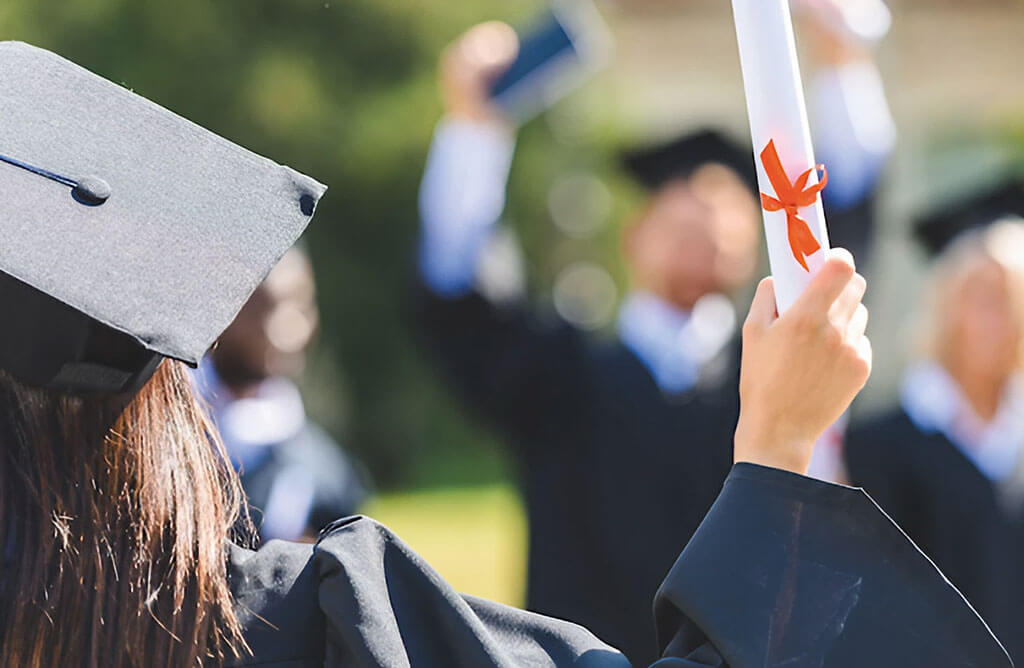
Don'ts
1. Ignore Safety Precautions
When travelling, put safety first by safeguarding valuables and booking lodgings with a good reputation.
Pay attention to travel warnings and abide by regional security regulations.
2. Overstretch your Finances
Watch how much you spend on trip and don't go overboard.
Arrange travel that fits within your means.
3. Ignore Environmental Impact
Make environmentally responsible travel decisions and be aware of your actions.
Honour natural and cultural landmarks by according to established protocols.
4. Ignore Cultural Awareness
When visiting unfamiliar areas, show respect for the customs and traditions of the locals.
Steer clear of actions that might be interpreted as rude or insulting.
Studying overseas may have a profoundly positive impact on a student's intellectual and psychological development. Students may successfully handle the difficulties and seize the possibilities that come with studying abroad by adhering to the dos and don'ts listed in this guide. This all-encompassing strategy strives to help students make the most of their time abroad by building lifetime memories and abilities that go beyond the classroom, from pre-departure preparations to academic achievement and cultural integration.



